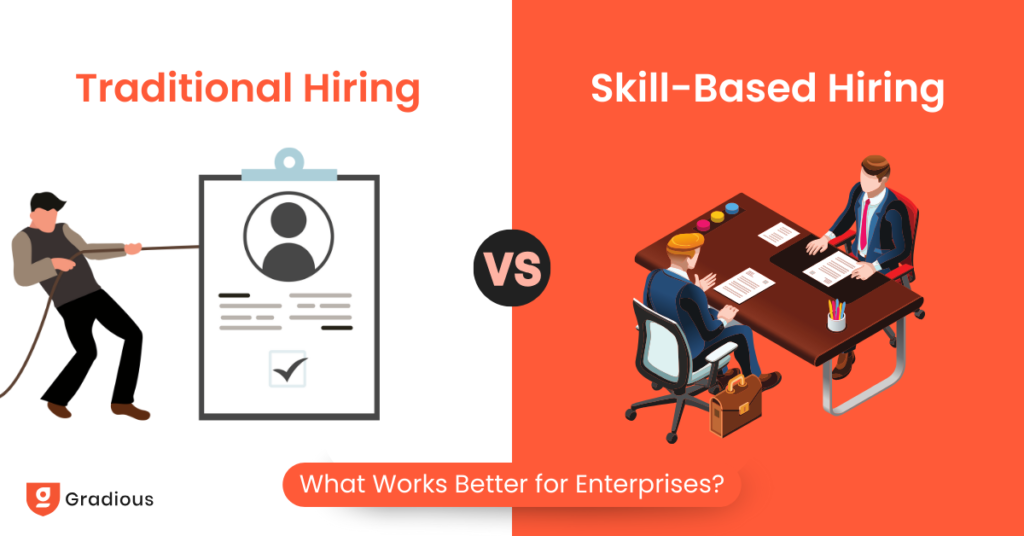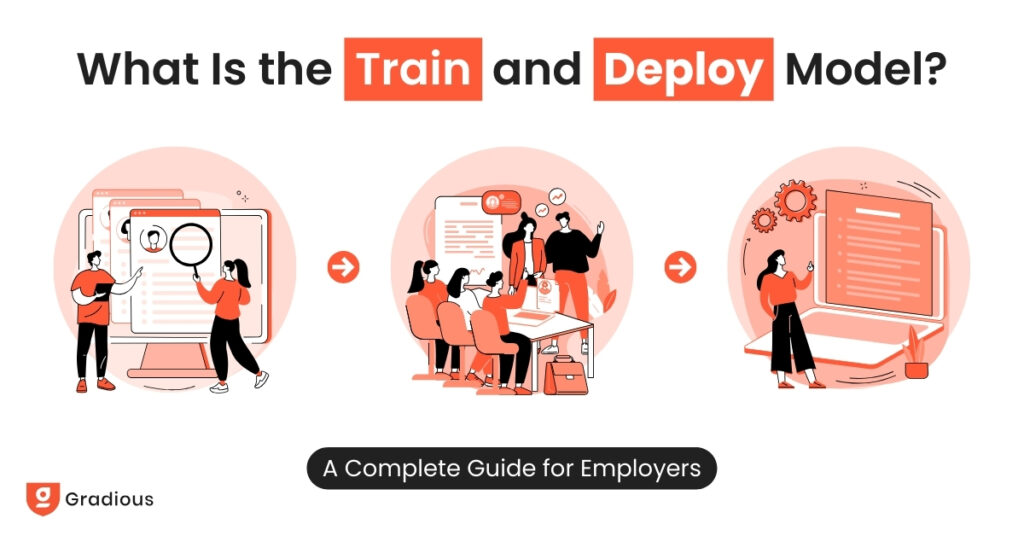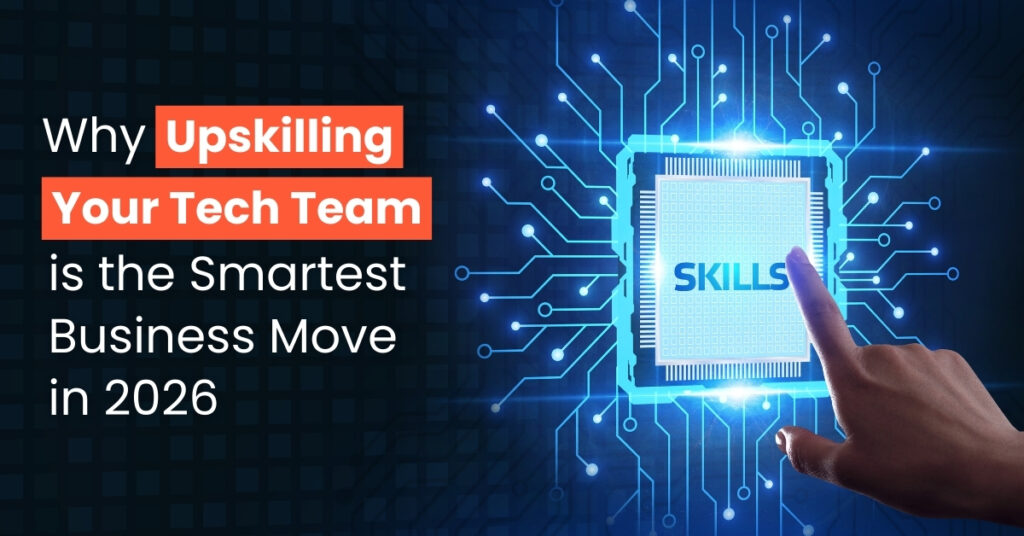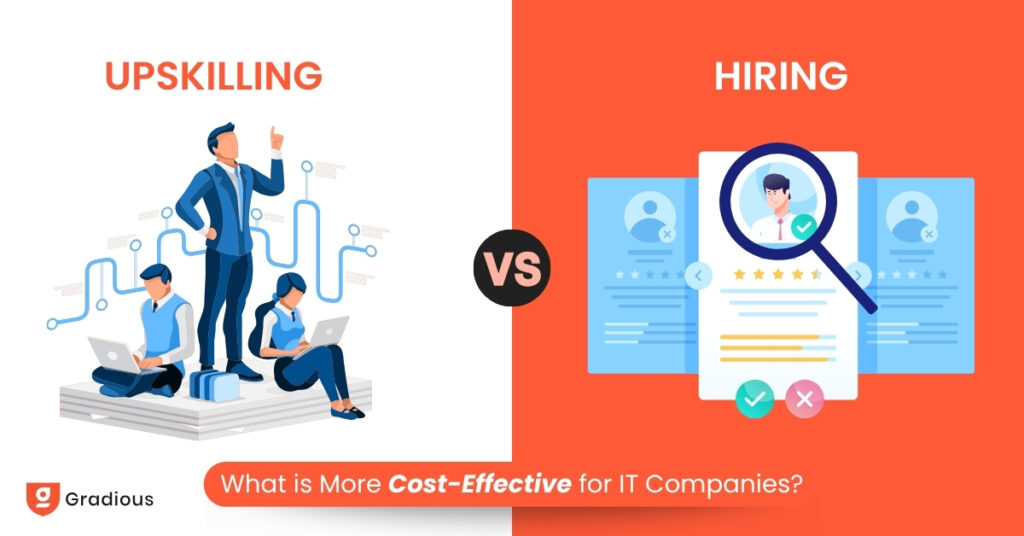Data science bootcamp programs are transforming how aspiring data scientists enter the field, offering faster, practical alternatives to traditional degree paths. If you’re planning to enter this field, you will find yourself facing a key decision: Should you enroll in a full time university degree or take a fast paced data science bootcamp?
This blog explores the differences between the two to help you make the right decision based on your goals, budget, and learning style.
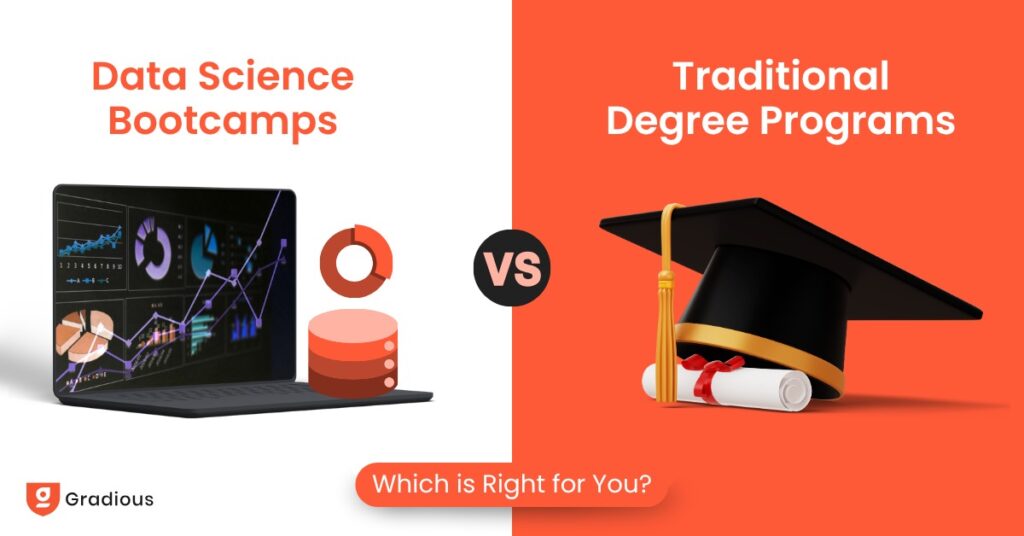
What Is a Data Science Bootcamp?
A Data Science Bootcamp is a short, focused Data Science training program that teaches you the hands-on skills you need to get a job in the field, often in just a few months.
Typical Features:
- Duration: Transition from novice to employment-ready in only 3 – 6 months of thorough learning
- Focus: The curriculum prioritizes practical experience through hands-on coding projects based on real-world applications.
- Format: Flexible format allows you to choose between online or in person study on a full-time or part-time schedule.
- Outcome: This training is engineered to land you a role as a data analyst, machine learning engineer, or data scientist.
Advantages of Data Science Bootcamp:
- Accelerated Career Change: Intensive and accelerated programs, typically lasting 3 to 6 months, provide a much faster career transition than a traditional degree.
- Job-Focused Curriculum: Acquire valuable and in-demand skills such as Python and SQL by engaging in practical projects that enhance a robust portfolio.
- Dedicated Job Placement Support: Includes resume building, mock interviews and access to employer networks to help you get hired.
- Structured Learning & Mentorship: Offers a clear, step-by-step learning path with expert guidance and ongoing support throughout the journey.
- Faster Return on Investment: With less time and lower costs, you can start your new career and paycheck much earlier.
Disadvantages of Data Science Bootcamp:
- Foundational Knowledge: Bootcamps focus on practical skills but may neglect theoretical foundations. Participants might need to supplement their learning with additional study.
- Intense Pace and Learning Curve: The pace can be intense, especially for beginners or those with limited programming experience.
- High Cost and Limited Financial Aid: Bootcamps are costly and, unlike traditional degrees, most might not offer financial aid or scholarships.
What Is a Traditional Degree Program in Data Science?
A traditional Data Science program is typically a Bachelor’s or Master’s degree that lays a theoretical and academic foundation in data science.
Typical Features:
- Duration: Demands a commitment of 2 to 4 years for a comprehensive and thorough education.
- Focus: The curriculum builds a strong theoretical foundation in core subjects like statistics, computer science and mathematics.
- Format: Education is provided in a traditional university environment, available in both in-person and hybrid modes
- Outcome: Graduates earn a highly respected certification and a broad academic perspective valued across numerous industries.
Advantages of Traditional Degree Program:
- Rigorous Foundation: Establishes deep theoretical knowledge through a comprehensive academic curriculum.
- Industry Credibility: Provides formally verified credentials that ensures professional recognition.
- Expanded Opportunities: Integrates structured pathways for academic research and professional networking.
- Strategic Career Investment: Equips graduates for diverse, high level roles and ensures long term stability.
Disadvantages of Traditional Degree Program:
- Time and Financial Commitment: The substantial investment of time and capital can result in significant debt and a delayed entry into the professional workforce.
- Focus on Theory Rather Than Practical Skills: A theoretical academic emphasis might leave graduates without the practical experience that the industry highly values.
- Tough to Get In: Highly competitive admission criteria can make it difficult to get accepted even for well-qualified candidates.
- Possibility of a Skills Gap After Graduation: Graduates might need further training to connect academic knowledge with particular industry practices
Key Differences at a Glance
| Feature | Bootcamp | Traditional Degree |
| Time Commitment | Fast-paced, 3-6 months | Comprehensive Years, 2-4 years |
| Cost | Moderate, ₹40,000 approx. | High, ₹2-3 lakh approx. |
| Curriculum Focus | Prioritizes Job Ready Skills | Builds a deep Theoretical Foundation |
| Entry Requirements | Skills based assessment | Strict academic criteria |
| Job Readiness | Immediate & Targeted | Requires practical application |
| Networking Opportunities | Smaller but more focused,Industry and hiring partners | Larger academic & alumni base |
Which One Should You Choose?
Choose a Bootcamp if:
- You are seeking an accelerated path into the workforce.
- You already have a degree or experience in a related field
- You are looking for a cost effective, focused learning path
- You prefer practical, project based learning
Choose a Traditional Degree if:
- You are starting your career from scratch
- You want a deeper academic understanding of the field
- You are interested in long term research or teaching roles
- You value a structured academic environment and value its resources.
What Employers Think
More and more companies are embracing bootcamp graduates especially those who can show real world projects and portfolio work. However some traditional organizations still prefer the credibility of a formal degree.
Your ability to demonstrate skills and problem solving ability will ultimately carry more weight than your credentials alone.
Conclusion
Ultimately, the right choice is the one that best fits your career vision.The optimal path into data science depends on your personal timeline, budget and career goals.Whether you choose an accelerated bootcamp or a comprehensive degree, prioritize programs that offer robust mentorship, hands on projects, and dedicated career support to ensure a successful transition into the field.
Looking to break into data science fast? A project driven bootcamp might be your launchpad.
Want a deeper academic dive? A traditional program could be the right path.At Gradious, we turn your curiosity into a career of actionable insights for your Data Science career.

